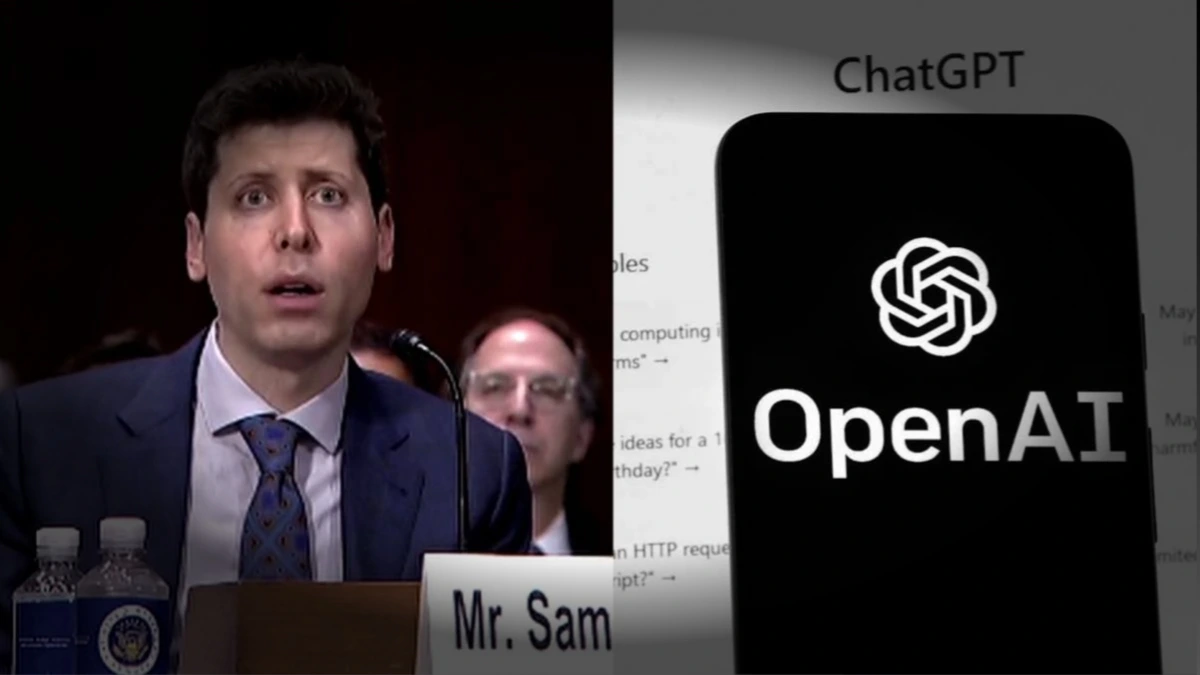WASHINGTON — OpenAI CEO Sam Altman has embarked on a global tour spanning East Asia and the Middle East to secure financing and manufacturing partnerships for the company’s rapidly expanding artificial intelligence infrastructure, according to sources familiar with the matter.
Since late September, Altman has met with top technology suppliers in Taiwan, South Korea, and Japan, including Taiwan Semiconductor Manufacturing Company, Foxconn, Samsung, and SK Hynix.
Discussions have centered on boosting production of AI chips and memory modules and securing priority access for OpenAI’s data center operations.
OpenAI is entering a period of unprecedented infrastructure demand, said Dr. Emily Zhang, a technology analyst at GlobalTech Insights. “Ensuring a steady supply of advanced chips is critical to maintaining service levels for AI applications globally.”
The Wall Street Journal reported that Altman has pushed these companies to expand production capacity and prioritize OpenAI orders. Samsung and SK Hynix reportedly signed letters of intent earlier this week to supply memory chips for the company’s data centers.
In addition to supplier discussions, Altman is planning visits to investors in the United Arab Emirates, aiming to secure capital for both infrastructure expansion and ongoing AI research initiatives.
OpenAI recently told stakeholders that it expects to spend roughly $16 billion on rented computing servers this year, with projections potentially reaching $400 billion by 2029.
These figures illustrate the scale of AI infrastructure requirements, said Marcus Lee, a financial analyst specializing in technology investments. “It’s not just about software; the physical computing resources to support AI models are immense and costly.”
OpenAI’s international outreach highlights the company’s push to maintain a competitive edge in AI development. Securing priority manufacturing agreements in East Asia provides a strategic advantage, given the region’s concentration of semiconductor and memory chip production.
The global AI market is evolving rapidly, said Dr. Hiroshi Tanaka, a professor of computer engineering at the University of Tokyo. “Companies like OpenAI must lock in hardware supply to avoid bottlenecks that could delay innovation.”
Altman’s approach also reflects OpenAI’s broader strategy to strengthen ties with governments and investment firms that are promoting AI infrastructure.
In the UAE, for example, local investment authorities have expressed interest in supporting AI initiatives aligned with the country’s technology development goals.
OpenAI’s infrastructure expansion involves a combination of hardware procurement and large scale investments. Industry sources indicate the company is negotiating multi billion dollar arrangements with chipmakers, cloud computing providers, and data center operators.
According to estimates, the AI company could spend several hundred billion dollars on computing infrastructure over the next decade, dwarfing typical enterprise IT budgets. The scale of investment rivals that of some of the world’s largest tech firms.
AI workloads require unprecedented computational power, explained Lee. “Compared with traditional software applications, the hardware demand grows exponentially with model size and user adoption.”
Local stakeholders in regions targeted by OpenAI’s expansion see potential economic benefits. Partnering with OpenAI helps position our region as a hub for advanced AI technology, said a spokesperson from the Abu Dhabi Investment Authority. “It also offers opportunities for local talent and supply chain growth.”
Meanwhile, industry observers stress the importance of balanced global competition. As US based AI firms expand abroad, other nations may accelerate their own infrastructure development, said Zhang. “This could lead to both collaboration and competition in AI technology.”
OpenAI’s initiatives suggest the company aims to set new standards for AI infrastructure globally. Its focus on securing hardware, investment, and international partnerships is likely to influence both competitors and governments in the coming years.
Reliable infrastructure is the foundation for AI innovation, said Tanaka. “Companies that control supply chains and computing capacity will be able to deploy more powerful AI models and services faster than others.”
The company’s projected expenditures and strategic collaborations indicate a long term commitment to growth, with significant implications for the AI sector and global technology development.
Sam Altman’s fundraising and partnership tour underscores OpenAI’s commitment to scaling its infrastructure to meet growing AI demand.
By securing investments, hardware, and strategic partnerships across Asia and the Middle East, the company is positioning itself to maintain leadership in AI development.
OpenAI’s approach highlights the central role of robust computing capacity in sustaining AI innovation, and the steps the company takes today may shape the industry’s trajectory for years to come.
